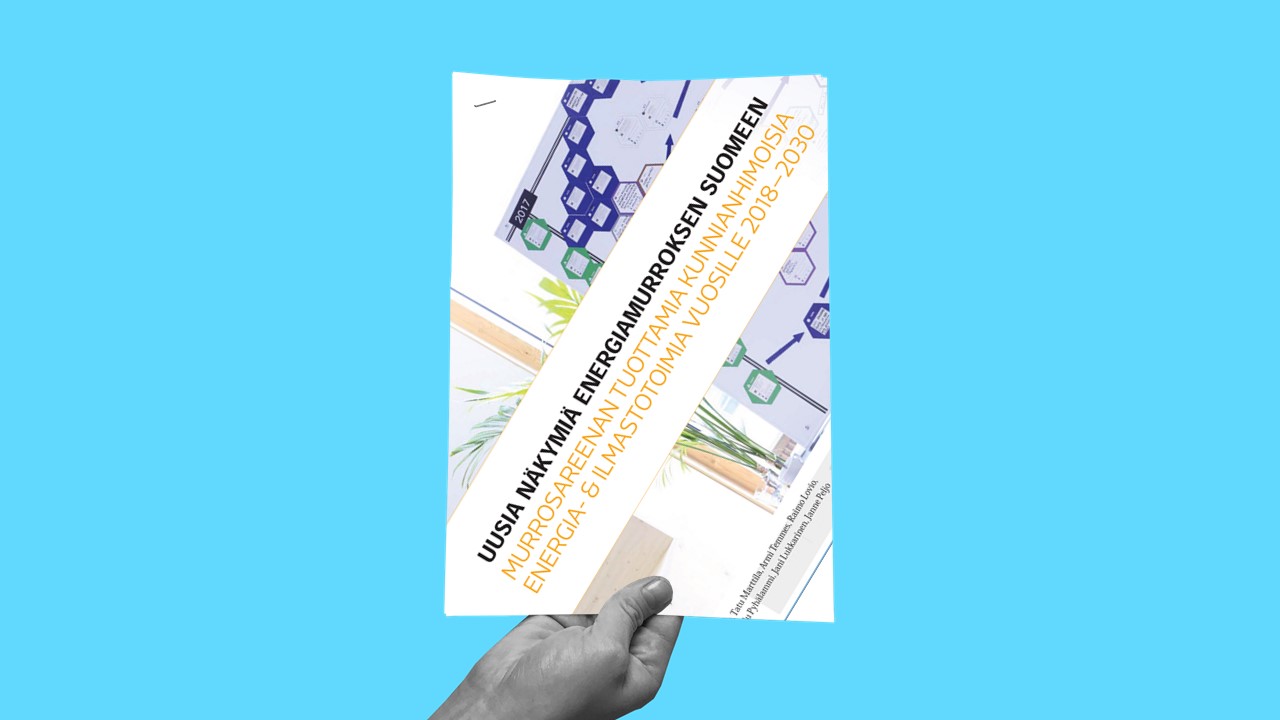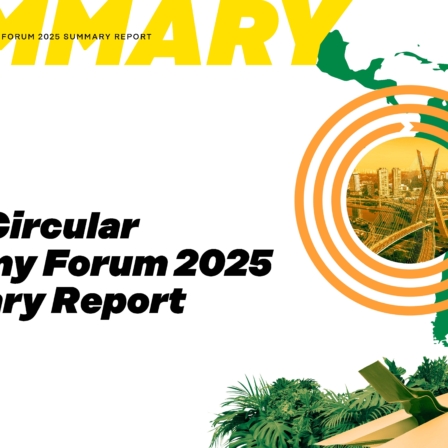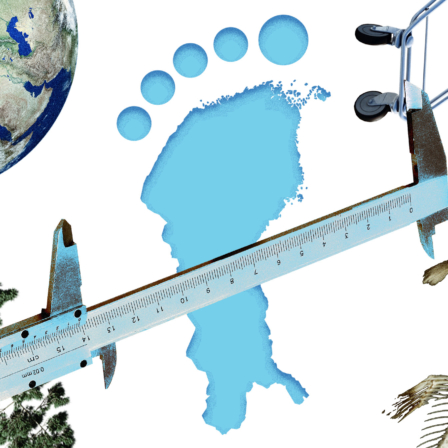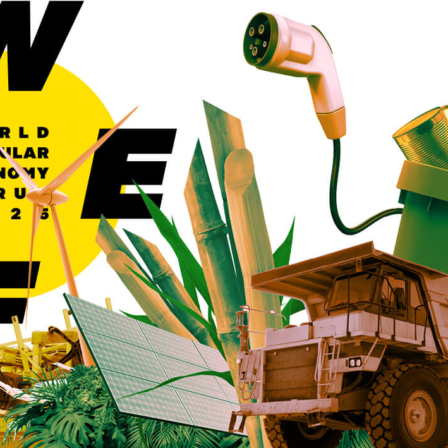This year, Sitra has participated in arranging the Energy Transition Arena together with the Smart Energy Transition project, which is being funded by the Strategic Research Council. A group of 23 experts from various fields has been thinking about a nationally important question: how can Finland succeed in the global energy transition? The final report handed on 28 November to Minister for Foreign Trade and Development Kai Mykkänen contains the proposals for a Finnish climate and energy vision for the 2018-2030 period, including the related goals, paths towards change and measures.
“The Energy Transition Arena featured a lot of discussion about whether Finnish decision-making comprehends the gravity of the climate crisis and the urgency for the necessary measures. We can safely say that we are in a very great hurry to solve the climate crisis,” said Sitra Director Mari Pantsar during her opening speech at the final seminar.
To better comprehend the climate crisis situation, one only has to look at the global carbon budget, which refers to the amount of climate emissions released into the atmosphere without causing any irreparable damage. At the current emission rate, the carbon budget for a 2 °C rise in the climate will be spent within around 15 years. We are already in a great hurry to begin driving the emission rate down to zero and towards a negative rate – i.e. capturing carbon from the atmosphere. The former is seen as extremely difficult, and the latter even more so, if not outright impossible.
“Finland’s bioenergy-focused energy strategy does not place enough emphasis on increasing the amount of carbon sequestering,” notes Pantsar.
Finland needs an energy and climate vision
There is another side to this climate crisis: an enormous opportunity. Estimates suggest implementing the Paris Agreement could create a 18,500 billion-euro market for low-carbon solutions by 2030.
Finland possesses all the prerequisites for achieving a greater share of these growth markets, but this has not received enough attention in Finland’s energy and climate policies, whose connection to business and innovation policies should be greatly increased.
“Finland should not see the energy transition as just a national matter – costly and with potential risks in terms of the security of supply – but as a source of a great deal of market potential. We ought to create solutions that also have international export potential,” Pantsar says.
Finland does not have its own official energy and climate vision. The Energy Transition Arena created the following suggestion.
In 2030, Finland will be a proactive trailblazer that will provide leading solutions for global challenges in the environmental and energy sector. Finland will utilise the possibilities offered by digitisation, new services, civic participation and the latest research results.
The energy transition will bring with it a huge amount of creative destruction, which will be an inevitable part of the energy transition. For example, housing, mobility and everyday consumption will all be revolutionised. In the energy transition, business models will be renewed and the lines between traditional business sectors will vanish.
Since the global climate crisis is a systemic challenge, its solutions also have to be systemic. It is not about whether energy is produced with fossil or renewable fuels, but the comprehensive transformation of societies towards a low-carbon and resource-wise model. The pioneers of this transition have a better chance of succeeding than those who follow.
We Finns must now decide which group we want to belong to.
For more information, see Aalto University’s and Sitra’s joint press release.
You can also look at these results from the Energy Transition Arena:
- final report (in Finnish)
- 10 theses (in Finnish)
- paths towards change (in Finnish)
- key policy proposals (in Finnish).

















Recommended
Have some more.